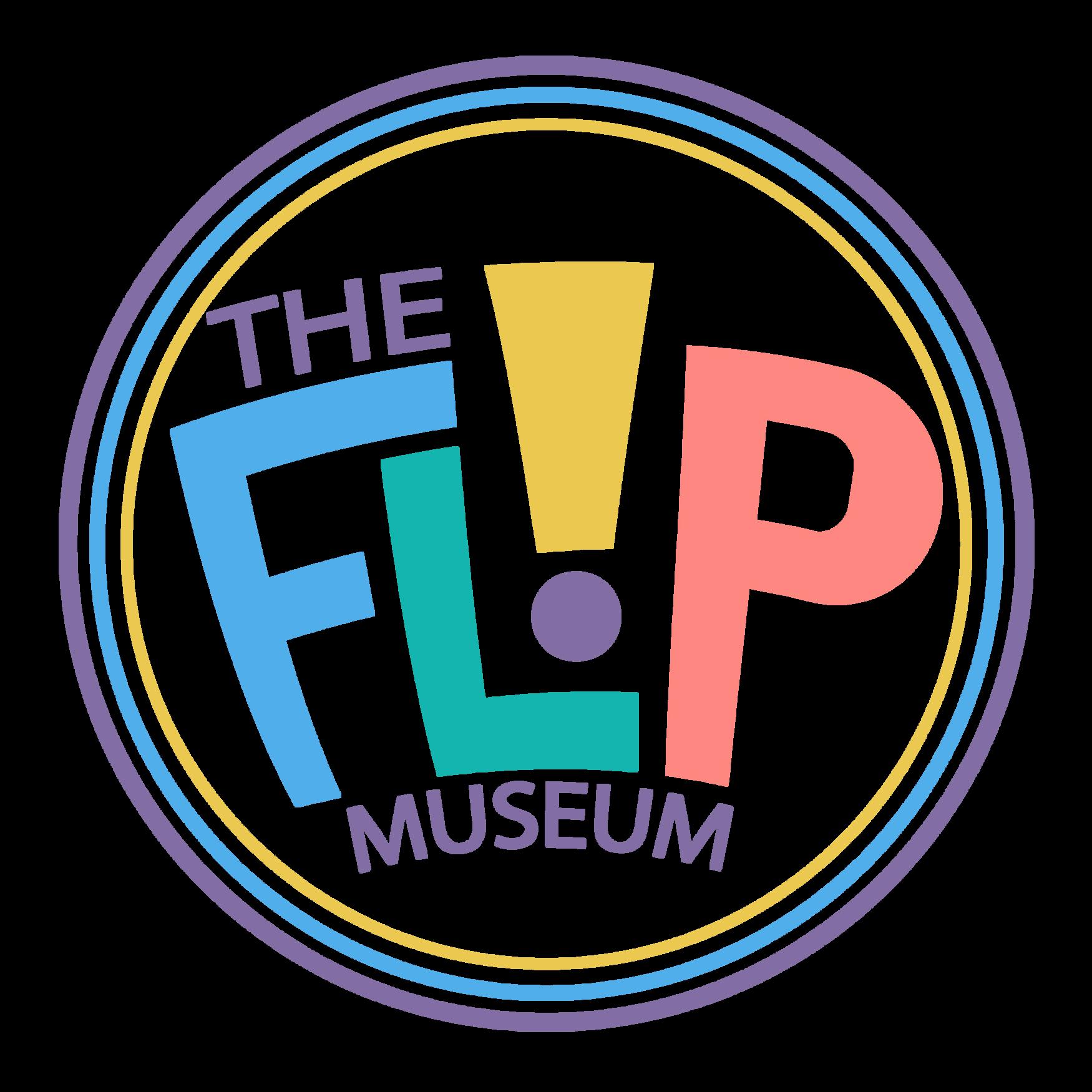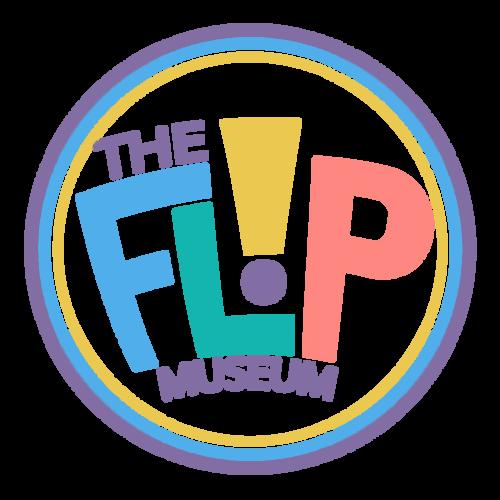

WELCOME
We are excited to share our updated strategic plan to advance into multicultural children’s museums for the Portland Metropolitan Area. This plan isn’t just about growth; it’s a commitment to evolving with the needs of our vibrant community.
Our vision is simple: to create inclusive, innovative spaces where all children, especially those from diverse and underserved backgrounds, can connect and thrive. We believe in the power of play to unite children and caregivers, fostering connections and advancing equity in learning.
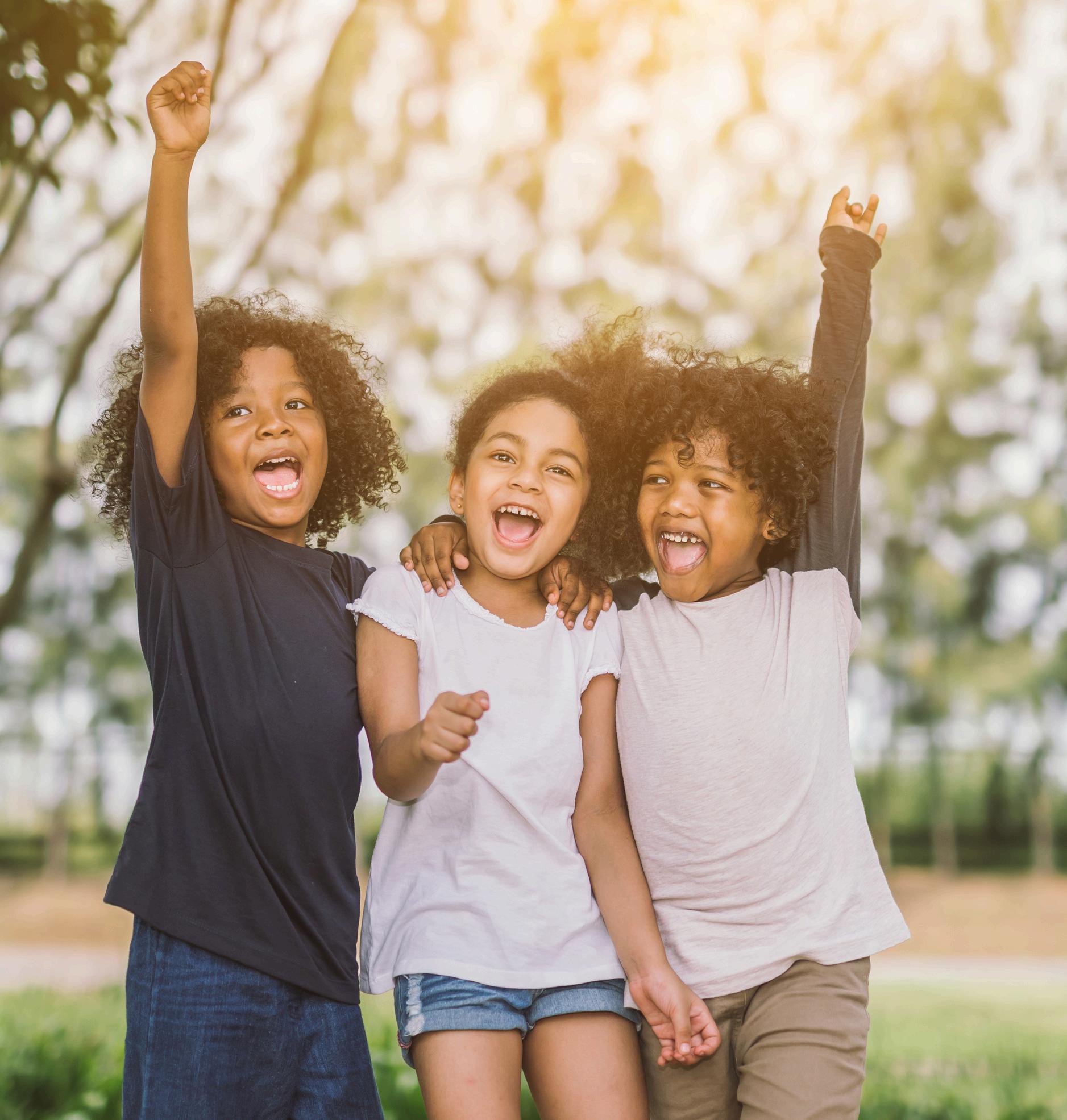
This plan was shaped by the community—children, families, educators, nonprofit leaders, and museums across the country have all contributed. As we move forward, we’ll continue letting the community shape a welcoming and empowering children’s museum.
In Fall 2021, our founding board met with community members, elected officials, and nonprofit leaders to establish our mission. By Year 2, FLIP’s board and volunteers had grown, launching our first mobile museum, a play kitchen food cart showcasing diverse cultures. These efforts helped us raise the funds to hire our first executive director
Year 3 saw Melissa Hong transition from a board member to become our executive director, expanding our partnerships and serving over 12,153 children, teens and adults across various community events in the Portland area. These engagements have enhanced our programming to ensure FLIP remains accessible to all. FY23-24 concluded with our First Annual Day of Play in downtown Beaverton.
We also focused on building organizational capacity, establishing finance, HR, and operational processes. Partnerships with groups like the Immigrant and Refugee Community Organization (IRCO) helped expand our volunteer base, and by summer, our mobile museum was so busy we added a new staff member.
Year 4 is starting off to be our most exciting yet. We secured a location in Downtown Hillsboro! We’ll continue our mobile museum efforts across our communities. These efforts will require resources but will also ensure long-term financial stability of FLIP.
Your participation, feedback, and support are the foundation of FLIP Museum We warmly invite you to join us on this journey as we create children’s museums that reflect the heart of our community places where every child can flourish
We look forward to growing with you.
Thank you.

Jack Graham Founder

Melissa Hong Executive Director
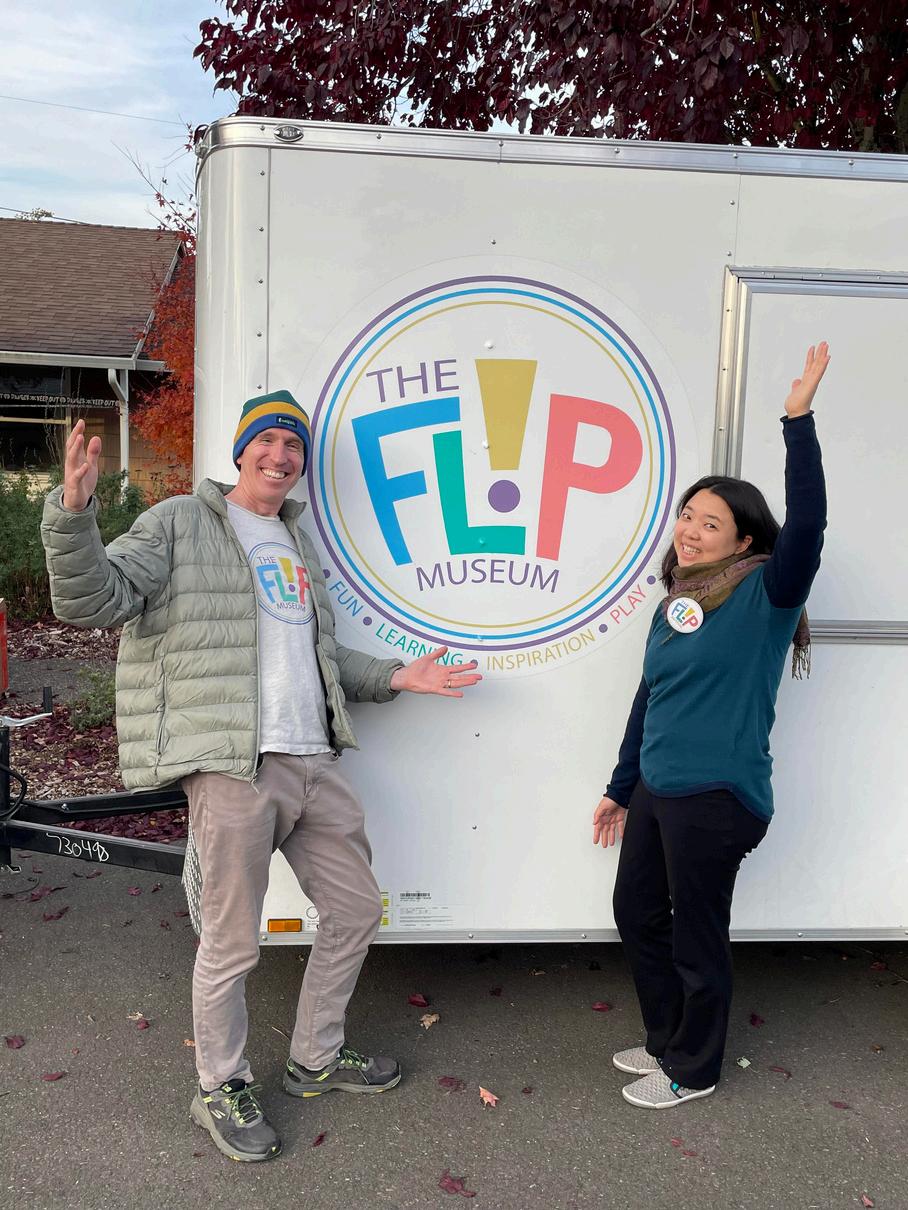
WHO WE ARE
VISION
The Portland Metropolitan area will have strong communities where all children are inspired to explore, trust their abilities, and realize their potential.
MISSION
The FLIP Museum builds multicultural children’s museums that bring children, families and caregivers together to learn and connect with one another through play.

To be most effective at serving the needs of our community, FLIP knows that our team must be diverse in terms of skills and life experiences. To that end, our board of directors made a formal commitment in 2022 to continue to strive to be led by a majority of women and people of color. We are proud to say that by 2025, both our leadership team and our board of directors will both be at least 50% female and people of color.
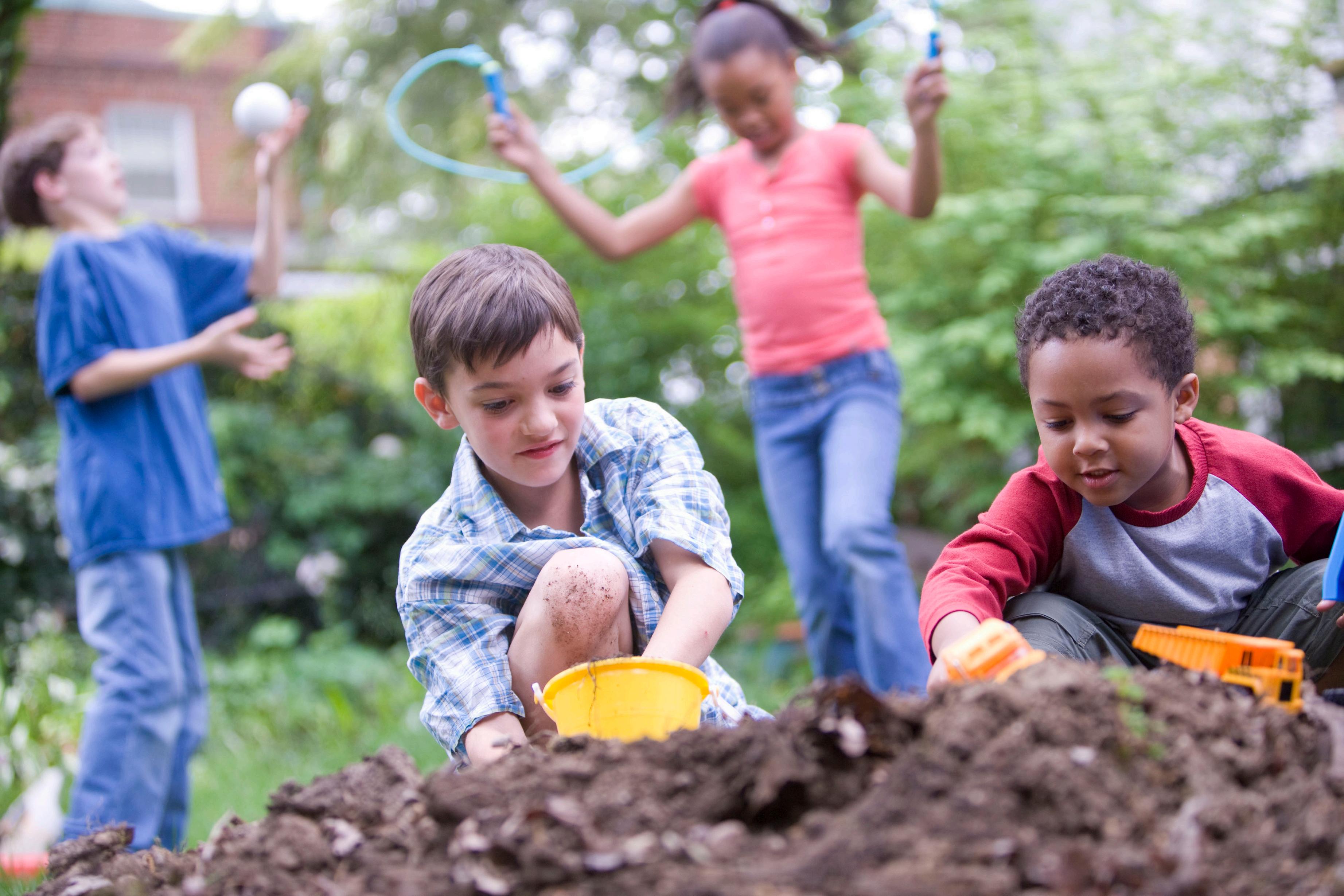
LAND ACKNOWLEDGEMENT
The FLIP Museum acknowledges that what we now know as the Portland metro area covering both sides of the Columbia and Willamette rivers, is the traditional homelands of the Multnomah, Wasco, Cowlitz, Kathlamet Clackamas, Bands of Chinook, Tualatin, Kalapuya, Molalla and hundreds of other tribes. This land is the time-honored home of these communities who were relocated to the Grand Ronde Reservation under the Kalapuya 1855 ratified treaty also known as the Willamette Valley treaty. Today these tribes are part of the Confederated Tribes of Grand Ronde.
The Grand Ronde people continue to maintain a connection to their ancestral homelands and maintain their traditional cultural practices. We acknowledge the robust present day tribes who fought and fight for federal recognition and land back while supporting a modern Indigenous community that represents a global network of Indigenous sovereignty.
We acknowledge that the land we occupy as residents in all of United States and its colonies is constructed on stolen Native lands built on the backs and lives of Black people forcibly taken from their homelands. We acknowledge that this genocide, displacement and systematic oppression happens still to this day.
FLIP hopes to bring awareness to the past and current experiences of Indigenous and Black peoples, and to highlight the ongoing resilience and solidarity between and among Indigenous and Black peoples. We hope to create future opportunities for children to connect with the natural world and with indigenous wisdom through the exchange of stories and embark on a process of fostering authentic relationships with the land and with one another. By creating a space for children to honor place stories that are often held in indigenous communities, we hope to move beyond land acknowledgement in name only and also through action that impacts future generations.
CORE VALUES Fun Learning
We believe that fun is the foundation of meaningful engagement, sparking curiosity and a lifelong love of exploration in our young visitors. At the heart of the FLIP Museum, we prioritize a child-centered approach, ensuring that every experience is imbued with joy and wonder. We believe that every child, regardless of ability or learning style, should have access to the joy and learning that comes from play. Our mobile exhibits are designed to be universally accessible, ensuring that children with different abilities can engage fully. This commitment to accessibility reflects our dedication to inclusivity and the belief that diversity enriches the learning experience for all.
We are committed to fostering a growth mindset in both our team and our visitors. Our exhibits and programs are designed to cultivate humility and empathy, encouraging children to understand and appreciate diverse perspectives. By nurturing empathy, we help build a more compassionate and understanding future generation. We actively seek to address systemic racism and are unafraid to engage in difficult conversations surrounding social justice issues. We strive to create an environment that reflects and respects the diverse communities we serve. Our programs and exhibits are developed with a deep commitment to equity, ensuring that every child sees themselves represented and valued in our spaces.
Inspiration Play
Our goal is to inspire our visitors to think differently, imagine freely, and see themselves as agents of change in their own lives and communities. Community-empowerment is key to our mission. We strive to be bold and forward-thinking, constantly pushing the boundaries of what a children’s museum can offer. We are also committed to minimizing our environmental impact and being responsible stewards of the land. Through thoughtful exhibits and educational programs, we aim to instill a sense of environmental responsibility in children, nurturing the next generation of eco-conscious citizens.
At the FLIP Museum, we embrace play as a fundamental element of childhood. It is a vital tool for emotional and psychological healing, offering children a natural way to express their feelings, process experiences, and navigate the complexities of the world around them. It helps children to develop resilience, cope with stress, and overcome challenges. Through play, children can explore their emotions in a safe and supportive environment, which is crucial for their social and emotional wellbeing. Moreover, the communal aspect of play at our museum encourages social healingfor families*. It brings children from diverse backgrounds together, fostering empathy, understanding, and mutual respect. In this shared space of play, barriers break down, friendships are formed, and children learn to appreciate and celebrate their differences.
*In our community, families are diverse and unique. They can include single parents, blended families, samesex parents, foster parents, grandparents raising grandchildren, chosen families among friends, and other structures that provide a nurturing and supportive environment
WHO WE SERVE
FLIP seeks to support all children in the Portland Metropolitan area. According to the 2022 American Community Survey, it is estimated that 182,634 children under the age 10 reside in Washington, Multnomah and Clackamas Counties. While FLIP does not impose strict age limits on its exhibits in recognition of the fact that developmental milestones vary from child to child, FLIP’s exhibits are primarily designed for children aged 3 to 10 at this time.
We recognize that diversity within our communities can differ from one county to another. According to the Communities of Color in Multnomah County report, the speed of growth of communities of color is best illustrated among children. Students of color are quickly becoming the majority of students across Multnomah County, rapidly growing from 30.1% in 2000 to 45% in 2010. Some neighborhoods in Washington County consist of as much as 50% people of color. 1 2 3
1 U.S. Census Bureau. “ACS Demographic and Housing Estimates.” American Community Survey, ACS 1-Year Estimates Data Profiles, Table DP05, 2022, https://data.census.gov/table/ACSDP1Y2022.DP05?g=050XX00US41005,41051,41067&y=2022&d=ACS 1-Year Estimates Data Profiles. Accessed on December 26, 2023
2 Curry-Stevens, A., Cross-Hemmer, A., & Coalition of Communities of Color (2010). Communities of Color in Multnomah County: An Unsettling Profile. Portland, OR: Portland State University.
3 Coalition of Communities of Color. 2018. Leading with Race: Research Justice in Washington County. Portland, Oregon: Coalition of Communities of Color.
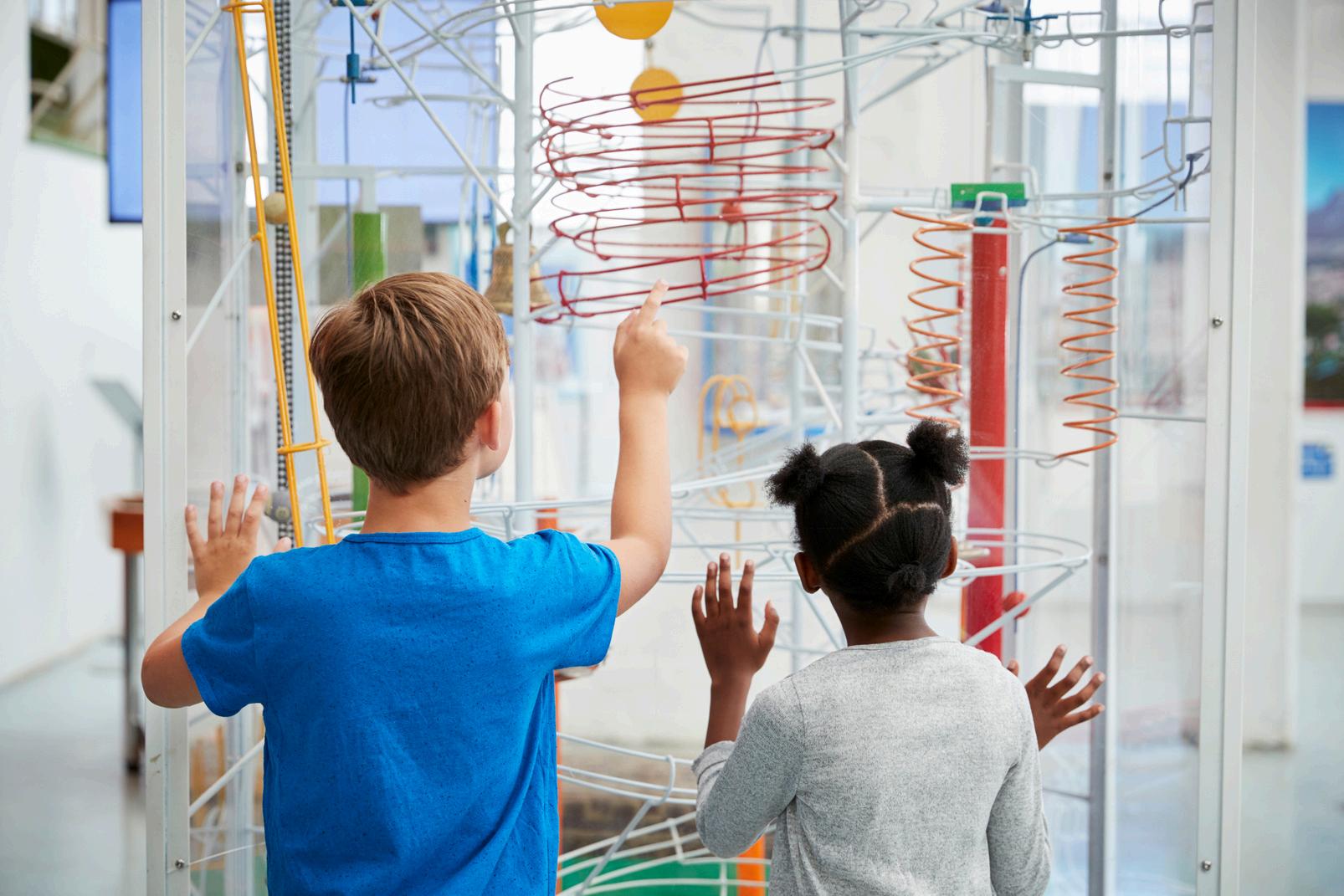
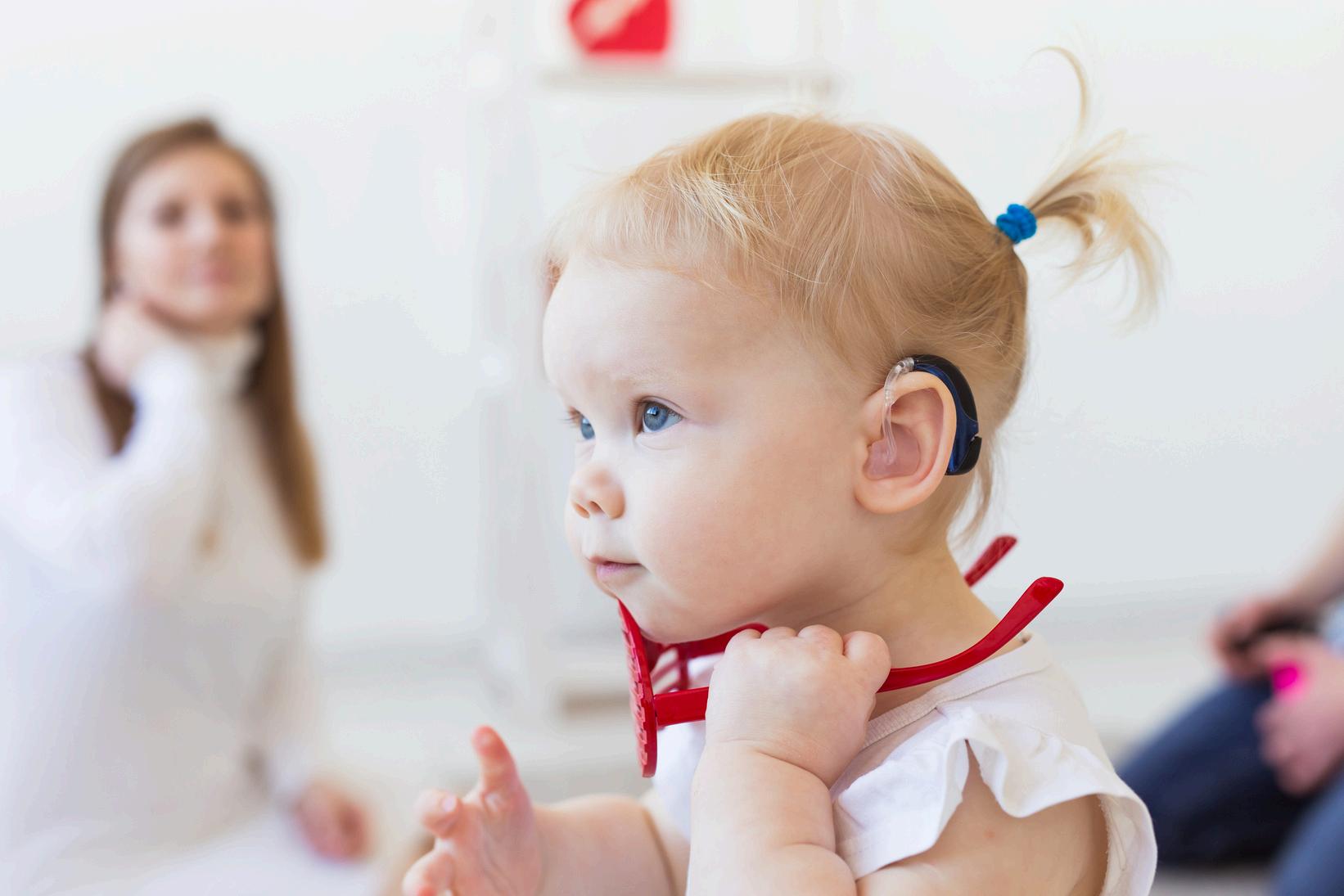
Historically, museum experiences have not been universally accessible to all segments of society. Recognizing this, we place a special emphasis on supporting the well-being of children and families/caregivers who have been disproportionately affected by poverty, systemic and institutional racism, and trauma. Children who have experienced trauma stand to gain immensely from the enriching and positive play experiences provided by FLIP, which can have a profound impact on their development and well-being. Our priority populations include:
Historically marginalized communities.
Children with disabilities and behavioral health needs including diverse neurotypes. Immigrant families, prioritizing those with mixed or without documentation.
Under-resourced families including low-income families.
Court-impacted families affected by justice and child welfare systems, incarceration, court-monitored programs (including probation and parole), and child and family reunification processes.
Families with unstable housing.
LGBTQIA2S+ Communities.
Focus Area
Brick and Mortar Children’s Museum
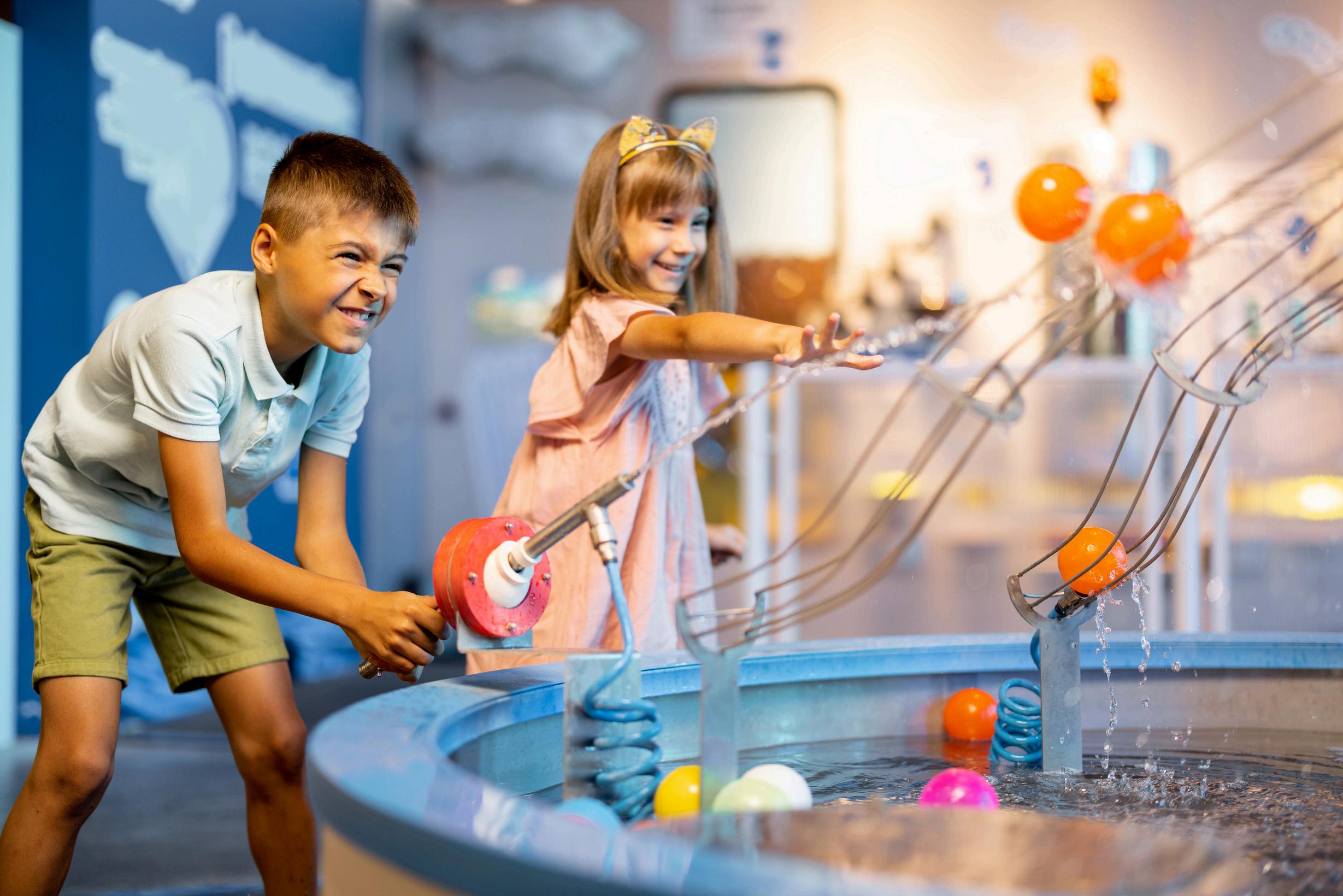
Priority
Establish and operate a multicultural children’s museum in a physical location accessible to a large portion of the Portland Metropolitan Area.
Outcomes
Provide children and families with a year-round space that fosters early learning through play and builds community connections.
Support the development of children’s social-emotional skills while enhancing overall family wellness.
Offer parents and caregivers opportunities to bond with their children as they engage in imaginative play, problem-solving, and skill-building activities.
Goals
Launch a 2-month indoor pop-up museum in Q2 2024, serving 3,000 children.
Expand exhibits that promote early childhood development and celebrate the cultural diversity of the community.
Open a 5,000-square-foot facility, accessible to many across the Portland metro area, with a goal of serving 40,000 children in 2025 and 60,000 in 2026.
Hire additional staff to manage and operate the museum efficiently.
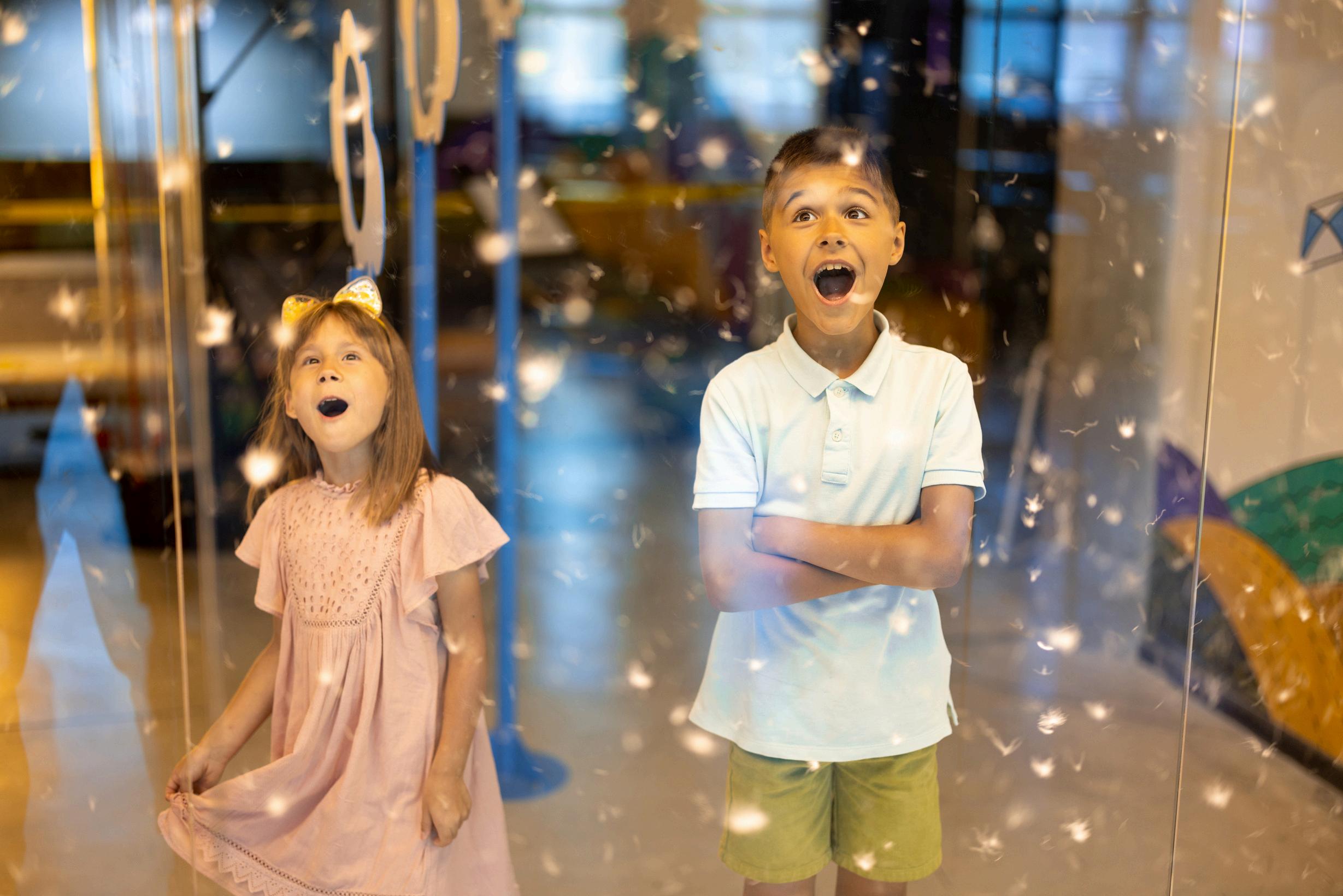
Area
Mobile Museum Services Focus

Priority
Support community partners by delivering play-based learning resources and activities directly to the populations we serve together.
Outcomes
Provide children with access to engaging, interactive learning experiences by partnering with community-based organizations who serve our priority populations.
Strengthen community partners' ability to effectively serve children and families.
Goals
Secure $20,000 from grant and donor funding annually to sustain the mobile children’s museum’s presence in the community.
Update and expand programming based on community-identified needs, such as multicultural activities and social-emotional learning.
Ensure accessibility by incorporating input from those who understand the needs of individuals with diverse abilities and learning styles when developing mobile exhibits.
Visit schools and community partner events minimum 2 days per week, serving 5,000 children annually.

Focus Area
Financial Growth and Sustainability
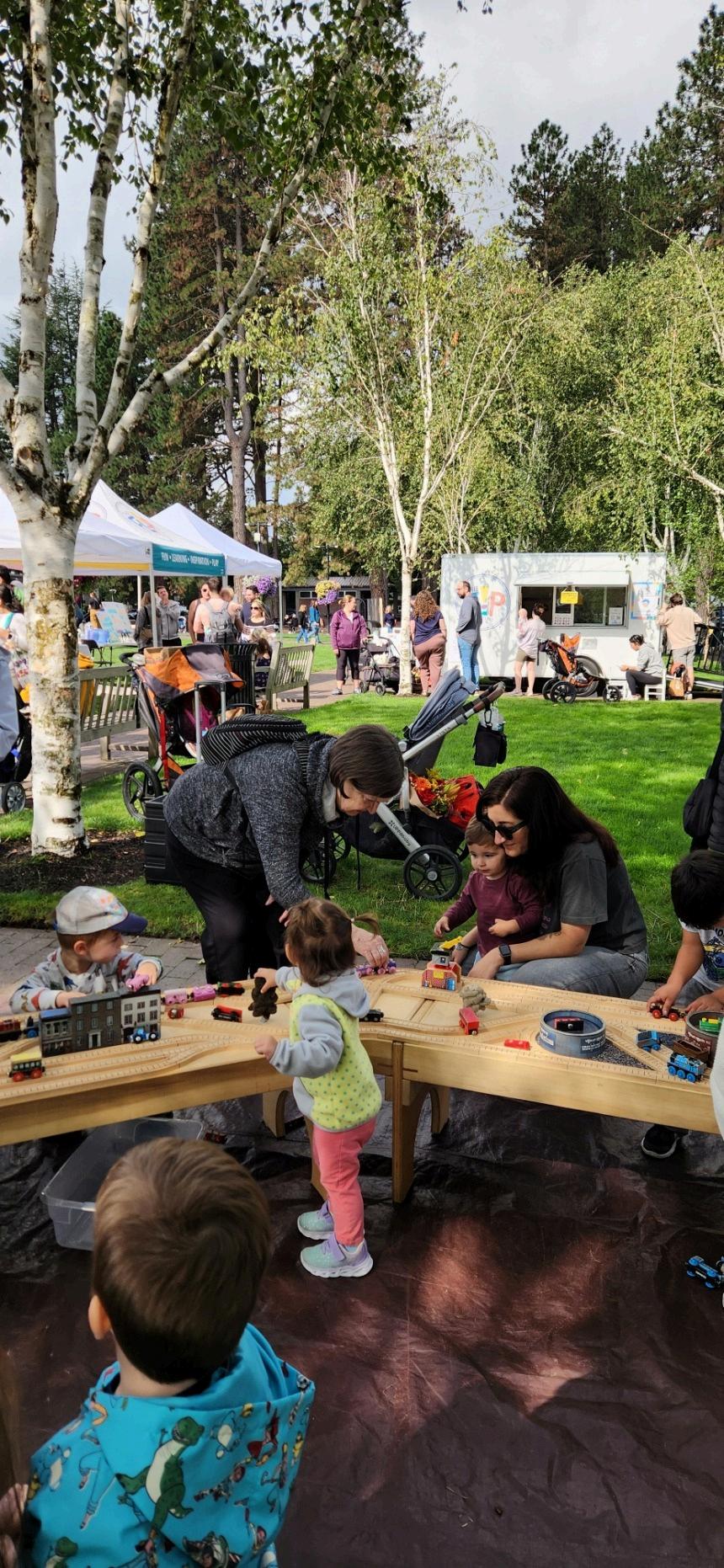
Priority
Secure sustainable funding sources to ensure the long-term financial health of FLIP.
Outcomes
Establish revenue streams through museum admissions, rental fees, and mission-focused merchandise like educational toys.
Obtain grants from major foundations and federal agencies.
Expand and energize our donor base, including individuals and institutions.
Goals
Launchoperationsinaphysicalspacebyfiscalyearquarter2in2024.
Developmetrics,goals,andprocessestoprojectandevaluaterevenueopportunities, focusingoncapitalforthepermanentmuseum.
Increasegrantapplicationsin2025asthenewspacequalifiesFLIPforlarger opportunities
Usetheexcitementofthenewspacetodrivesuccessfulfundraisingeventsthroughout theyear,includingamajoreventinearlyFall.
Continuouslyengagewithinstitutionsandcorporatefunderswhosephilanthropic prioritiesalignwithFLIP’smission.
Conductafundraisingcampaignwithanendowmentcomponent.
Planandinitiateafeasibilitystudyfollowedbyacapitalcampaigntosupportthe developmentofalarge,FLIP-ownedchildren’smuseum.

Andru Morgan - President
Hannah Do - Secretary
Gabriella Richard - Treasurer
Luke Harkness
Marissa Ching
Quinn Hoffman
Roopa Pandit, MD
Scott Rennie
Terell Seitz
Dr. Tya Ping
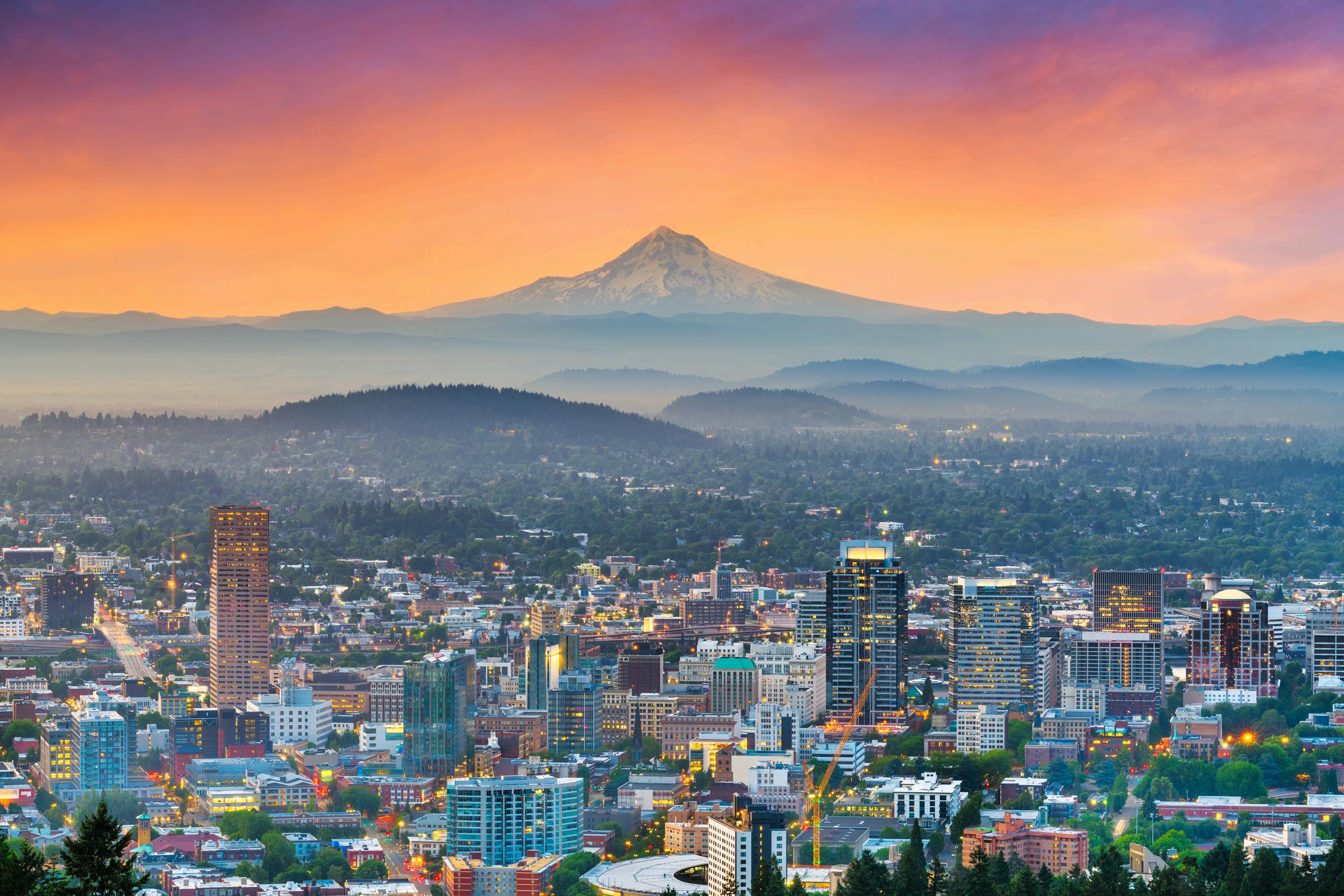
Meredith Gordon - Cofounder
Jess O’Donnell
Michelle Vega-Spight
Valerie Kahn
Brian Hong
Daniel vonSee
David Kahn
Jonathan Reyes
Rob Routhieaux
Matt Bunza
Shannon Moxley
Spencer Rutz

We are bolstered by the wisdom and experience of museum leaders around the world who have shared many invaluable insights into founding and running a museum. In particular, we would like to thank leaders from the following museums:

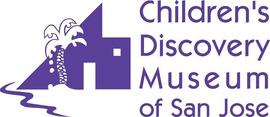

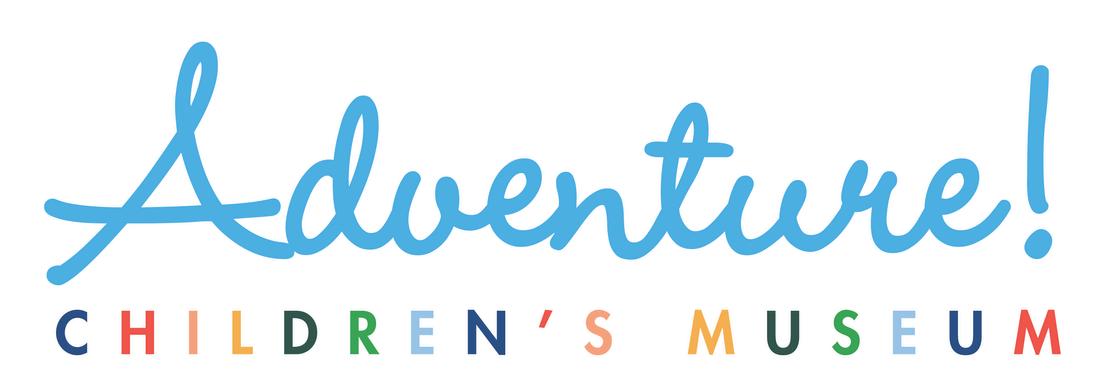





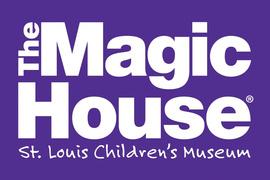


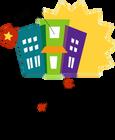
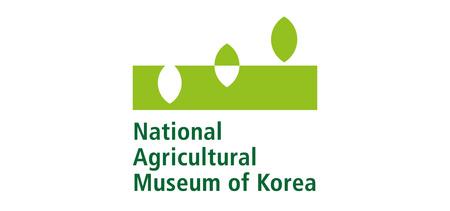
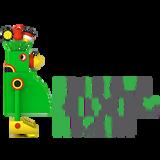
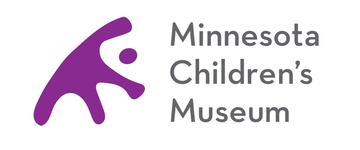
CONTRIBUTORS
FLIP Activities are supported by individual donors, sponsors, and our local government. We would like to express our appreciation to the following contributors:
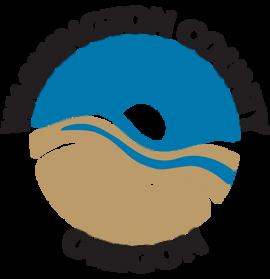
Sponsors
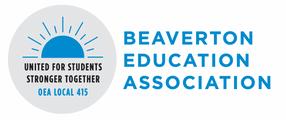
Washington County Health and Human Services
Public Health - Maternal Child and Family Program
Behavioral Health


IndividualDonors
VisionaryCircle($10,000+)
Anonymous
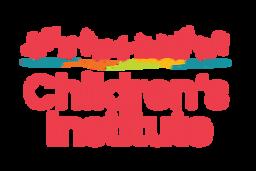


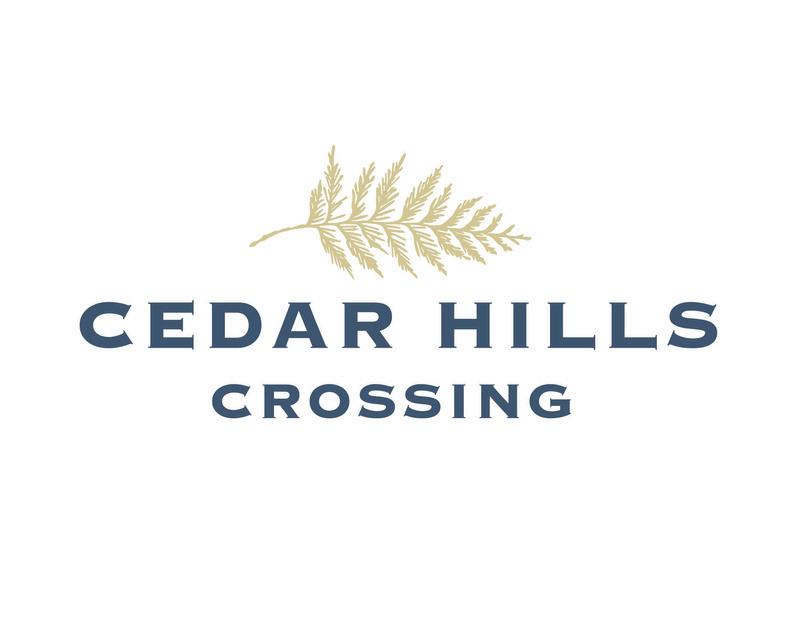

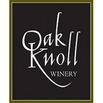
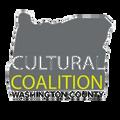




DanielTischlerandMelissaHong
JackandGillianBarlowGraham
FoundingCircle($1,000+)
Anonymous
Larry Baker
Robert Evans
Gini and Jeff Graham
Janet Graham
Meredith and Nate Gordon
Scott and Bree Rennie
Shannon Moxley
Tom and Tracy Graham
CorporateMatchingGifts
Scott and Bree Rennie
Theresa and Dave Schierman
Terell Seitz and Trish Pruis
Lael and Forrest Seitz
Dr. Roopa Pandit and Kevin Teater
Tya Ping and Grant Takahashi
Caroll and Herb Takahashi
Roy and Patti Guptil
Michelle Vega-Spight and Dr. Donn Spight
and322IndividualdonorsasofOctober,2024
Community Partners
The FLIP Museum is proud to collaborate with a diverse network of community partners, providing engaging mobile children’s museum services that bring enriching experiences to children and families at our partners’ programming and events.









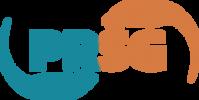




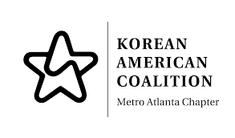
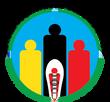



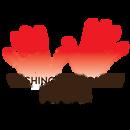
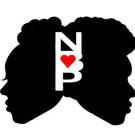



Ainsworth Elementary School PTA
Llewellyn Elementary School PTA
Oak Hills Elementary PTO
The Student Stop
Asian American Town Club K Afterschool Program
Pilgrim Lutheran Church Child Care Program in Beaverton, OR
Bethel Church in Beaverton, OR






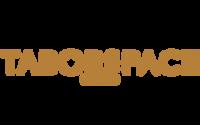
Korean American Coalition Oregon
Foster Care Program
